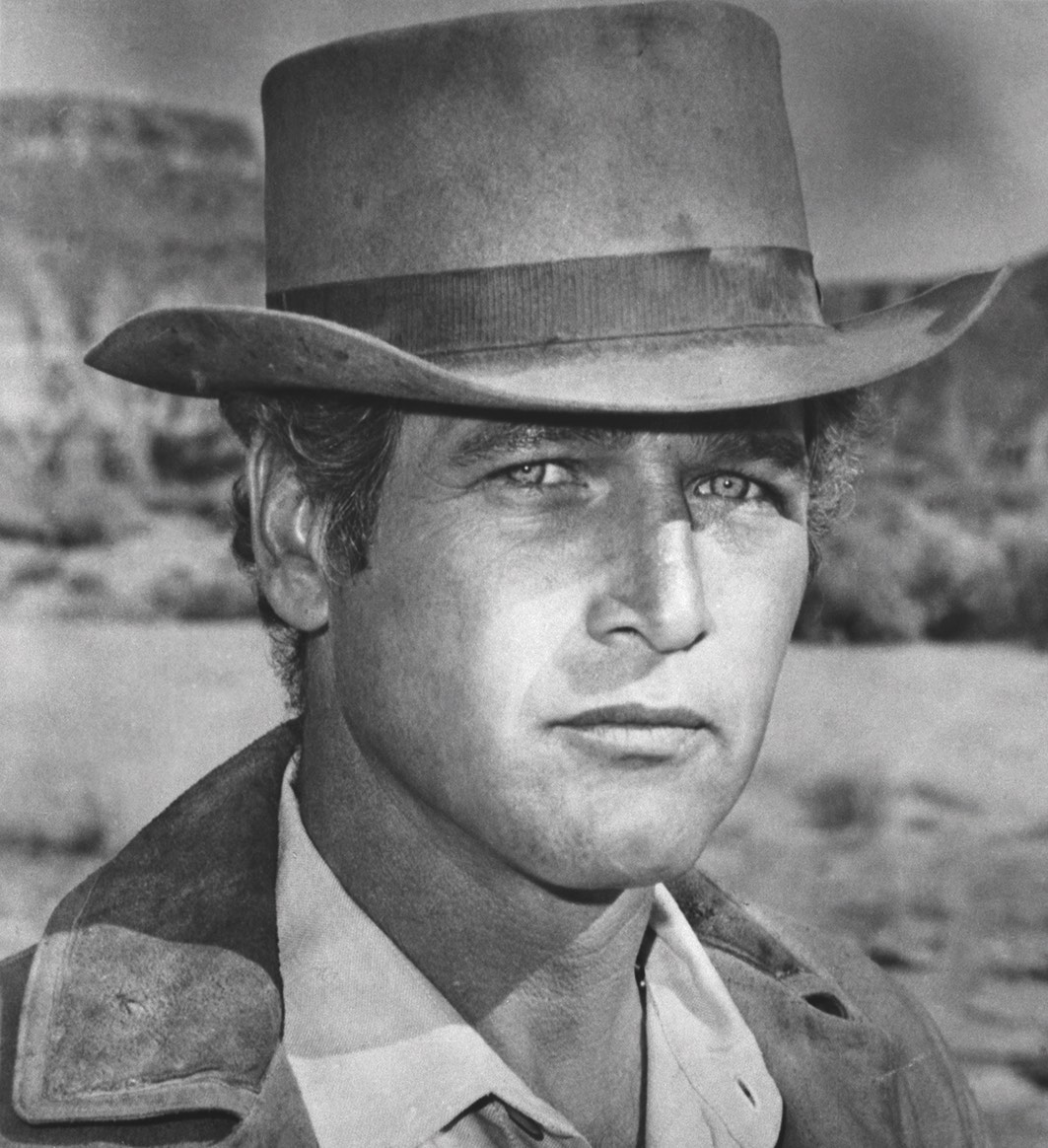Paul Newman. From The Spectator:
He says he blocks out most of his childhood, which is why he finds it hard to access his emotions. The main problem was his mother, Tress, who fussed over him and wanted him to look pretty at all times but would also suddenly attack him with a hairbrush. She was insanely houseproud: a friend recalls that their home ‘seemed somehow sad’ because it had dustsheets covering all the furniture. ‘She would rather sacrifice people before sacrificing her house.’
He escaped by joining the Navy and then studying drama at Kenyon College, Ohio. He was given lead roles in all the plays but says he never really enjoyed acting, which is probably why he drank so much. Nevertheless, he went to the Actors’ Studio in New York and started working in the theatre. His first film role was in a biblical toga effort called The Silver Chalice, which he describes as ‘the worst movie produced in the Fifties’. He thinks he was only ever cast because of his looks: ‘I always had that trust fund of appearance, and I could get by on that. But I realised that to survive I needed something else.’
He gradually became a more committed actor and, after ten nominations, finally won an Oscar for The Color of Money in 1986. But he always believed that his wife, Joanne Woodward, was the better actor and felt guilty that he became a film star and she didn’t. He also felt that she made him sexy, which he hadn’t been before. A girl at college told him: ‘I like going out with you because you’re so harmless!’
Joanne also gave him an excuse to dump his mother. Tress said she thought Joanne was having an affair with Gore Vidal (unlikely), so he threw her out of the car and didn’t speak to her again for l5 years:
It was such a relief to use that as an excuse to escape from her. She represented all my leaden luggage, the parts of myself that I didn’t like. That sense of subservience, uncertainty, not knowing where the next attack was coming from or what the reason for it might be.
Then one day his elder brother brought Tress, unannounced, to Newman’s house in Malibu. He said ‘Hi Mom, it’s been a long time’ and she replied: ‘What a wonderful house!’ But almost the next minute she asked if he was working and said: ‘How terrible it must be to be involved in a rotten industry that settles itself in violence and profanity and sex and gore.’ So that was the end of their brief rapprochement and he didn’t see her again until she was ill at the end of her life: ‘It was important for me to show up, though there was never any change of feelings…We never discussed our rift and she never apologised.’ (Read more.)
Share



















No comments:
Post a Comment